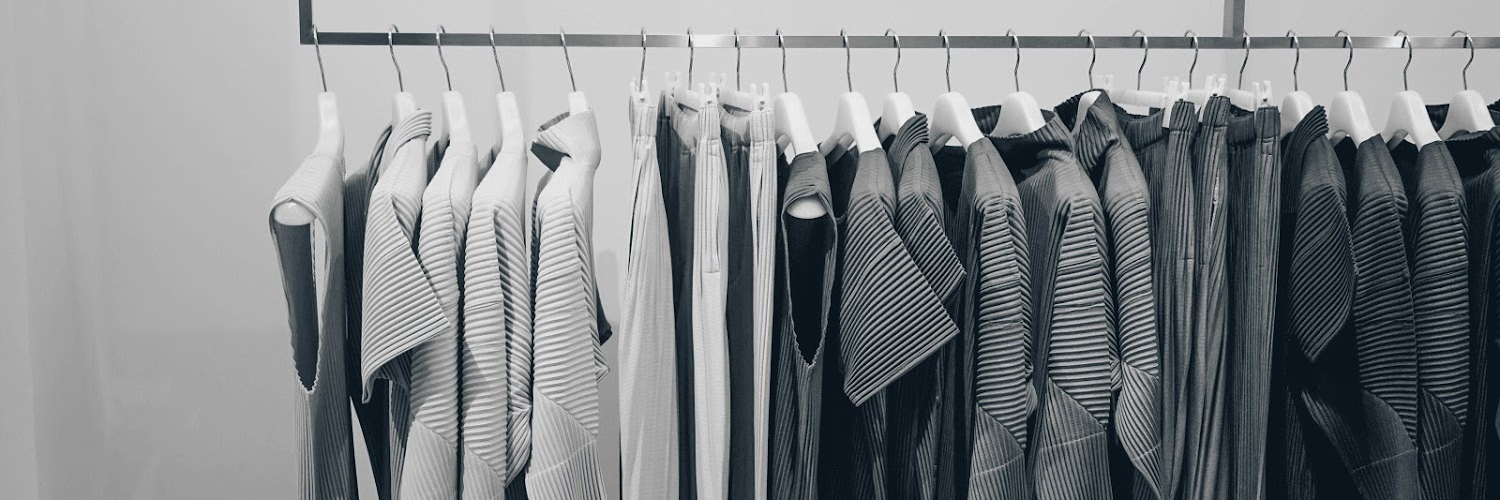Private Label Products Help Retailers Stay Competitive
Private label clothing is when one business makes a clothing product for another company to rebrand and sell as its own. It’s surprisingly common: many fashion retailers, large and small, use it to help grow their brand and increase their revenue.
Amazon, for example, list hundreds of clothing, jewelry, and footwear products under their “Amazon Essentials” clothing line. Its other private label brands include Goodthreads, Buttoned Down, Spotted Zebra, and many more.
It’s not just Amazon. Macy’s has their INC and Alfani brands, Nordstrom has Halogen (among others), and Target lists 39 private label brands, including Cat & Jack, Shade & Shore, and Goodfellow & Co. This isn’t a strategy limited to the big players either; many smaller fashion retailers use private labeling as a cost-effective way of growing their business.
Why Do So Many Successful Fashion Retailers Use Private Labelling?
Private labeling is a proven strategy used by many fashion retailers. Here are some of the reasons why:
Increase Customer Loyalty
Private label brands are only available in the store that owns them: customers can’t pop down to Wal-Mart to pick up their Spotted Zebra children clothes, because Amazon owns that brand. If those customers want more of the same, they must go back to the store where they got it from. This ability to provide something unique increases customer loyalty and ensures more customers return to the store.
Grow Own Brands
When stores give time and marketing space to their private label brands, they are building something they own, have complete control over, and that will continue to benefit them long into the future. In contrast, other brands benefit the store only so long as the supplier agrees to provide them. Over time, private label brands can take on a life of their own and become more popular than other products.
Control Over Price and Materials
The control businesses have over their own private label brands enables them to produce products in the materials they want and sell them at the price they want. This level of control simply isn’t possible when selling a non-private label brand. This control helps brands increase revenue and offer the right products to their customers.
Respond to New Trends Quicker
Because they have their own brands, these fashion retailers don’t have to wait for someone else to make the products their customers want – they can add a product to their range themselves. This ability to respond quickly to changing trends is invaluable in the fast fashion market where new ideas come and go quickly. This agility enables retailers to get the products their customers want in front of them, fast.
Own-Brand Benefits Without The Hassles of Manufacturing
A private label strategy means retailers get all the benefits of producing their own branded ranges but without getting involved in the manufacturing process. This is far simpler, and often more profitable: why go through the pain and expense of setting up their own manufacturing centers when they can just pay other experienced manufacturers to create products for them?
Wholesale Income
Although most of the advantages of private labeling come from their exclusivity, some brands choose to become a wholesaler for their brands and allow other stores to stock them. This can add another profitable line to the business, and because another company is creating the products, it is relatively easy to do.
Sources
https://sewport.com/learn/private-label-manufacturers
https://www.cnbc.com/2018/03/20/macys-has-a-lofty-goal-for-its-private-label-business-heres-why.html
https://www.cgsinc.com/blog/private-label-is-a-winning-strategy-for-retail-success
https://www.scrapehero.com/everything-you-need-to-know-about-amazon-private-labels/
https://hackernoon.com/the-rise-of-amazon-private-label-brands-759708f093f6
https://yourbusiness.azcentral.com/advantages-private-label-branding-11338.html







